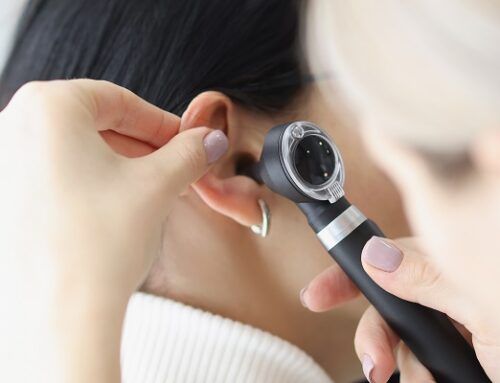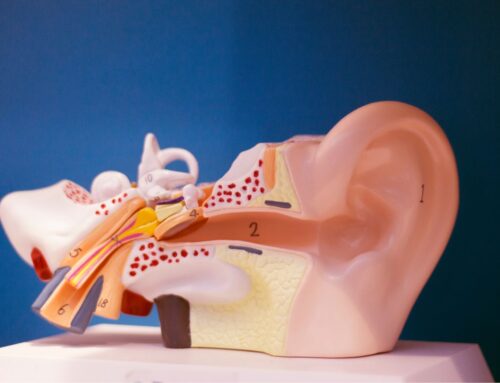
Hearing Loss is Often Untreated
Though hearing loss is one of the most common health conditions that people live with today, it remains widely undertreated. According to the National Institute on Deafness & Other Communication Disorders, 1 in every 3 adults who are between the ages of 65 – 74 have hearing loss. This increases to 1 in 2 adults for people 75 and older who have disabling hearing loss. Though over 48 million people have hearing loss, only one-third of people who could benefit from treatment receive it. Why is a hearing loss so undertreated?
Widespread Inaction on Hearing Loss
Research shows that there is widespread inaction when it comes to hearing loss. This includes a recent study published by the American Speech-Language-Hearing Association. To understand the scope of untreated hearing loss, researchers surveyed a nationally representative sample of nearly 2,500 adults. Key findings include:
- 2 in 10 adults have had a hearing test in the past 5 years, compared to 6 in 10 adults who have had their vision tested.
- More than 51% of people reported hearing issues but only 11% have sought treatment.
- 78% of those with hearing issues have been experiencing these challenges for 1 or more years, and over 35% have had trouble for 5 or more years.
This data highlights a few important findings: hearing evaluations are not as prioritized and it is common for people who experience symptoms for long periods to not seek treatment. This highlights how common it is to ignore the hearing loss.
Why is Hearing Loss Undertreated?
It is important to understand why hearing loss is undertreated so that you are better able to recognize symptoms and seek treatment early. Studies show that common factors that contribute to a delay in treatment include:
- Gradual onset: hearing loss often occurs progressively, over a longer period of time. So people may not notice their symptoms at first. Symptoms can remain ignored for quite some time as people naturally adjust to these changes in hearing.
- Stigma: there remains a stigma associated with hearing loss. People may feel embarrassed about experiencing hearing loss which prevents acknowledgment of it. Hearing loss is still seen as something that only impacts older adults so this also contributes to stigma.
- Misconceptions: there are numerous misconceptions about hearing loss that can also prevent people from seeking treatment. This includes that hearing loss is not a serious condition, there are cures for it, it only impacts older adults, it’s not that bad if you can still hear, etc. But hearing loss is a medical condition that impacts people of all ages and is often incurable. Sensorineural hearing loss accounts for 90% of the hearing loss people live with and it is permanent. Also, delaying treatment can worsen symptoms and impairment.
Understanding that hearing loss is a serious health condition that needs to be addressed as early as possible is part of prioritizing your hearing health.
What You Can Expect from Treatment
It is important to know that there is a wide range of hearing healthcare services, resources, and solutions that you can access. Treating hearing loss can change your everyday life by transforming hearing and communication which are essential ways we navigate environments. The first step is to schedule an appointment for a hearing test. Conducted by a hearing healthcare specialist, hearing evaluations involve a painless process that measures hearing capacities in both ears. A common test that is used is known as pure tone audiometry which involves wearing headphones in a soundproof room while sounds at different volumes are played. You will be asked to indicate what you can hear and the results are captured in real-time. This measures the softest sounds you can hear which identifies any hearing loss and the degree of impairment you are experiencing.
Forutenlqy, there are effective heating solutions for hearing loss. Hearing aids are a common treatment, these are electronic devices that provide the ears and brain with ample hearing support. Hearing aids alleviate symptoms and increase one’s capacity to hear and process speech as well as sound. This strengthens communication and provides numerous benefits like improving relationships and overall health.
We encourage you to not wait to address any symptoms you are experiencing. Contact us to prioritize your hearing health by scheduling an appointment for a hearing consultation.






Leave A Comment